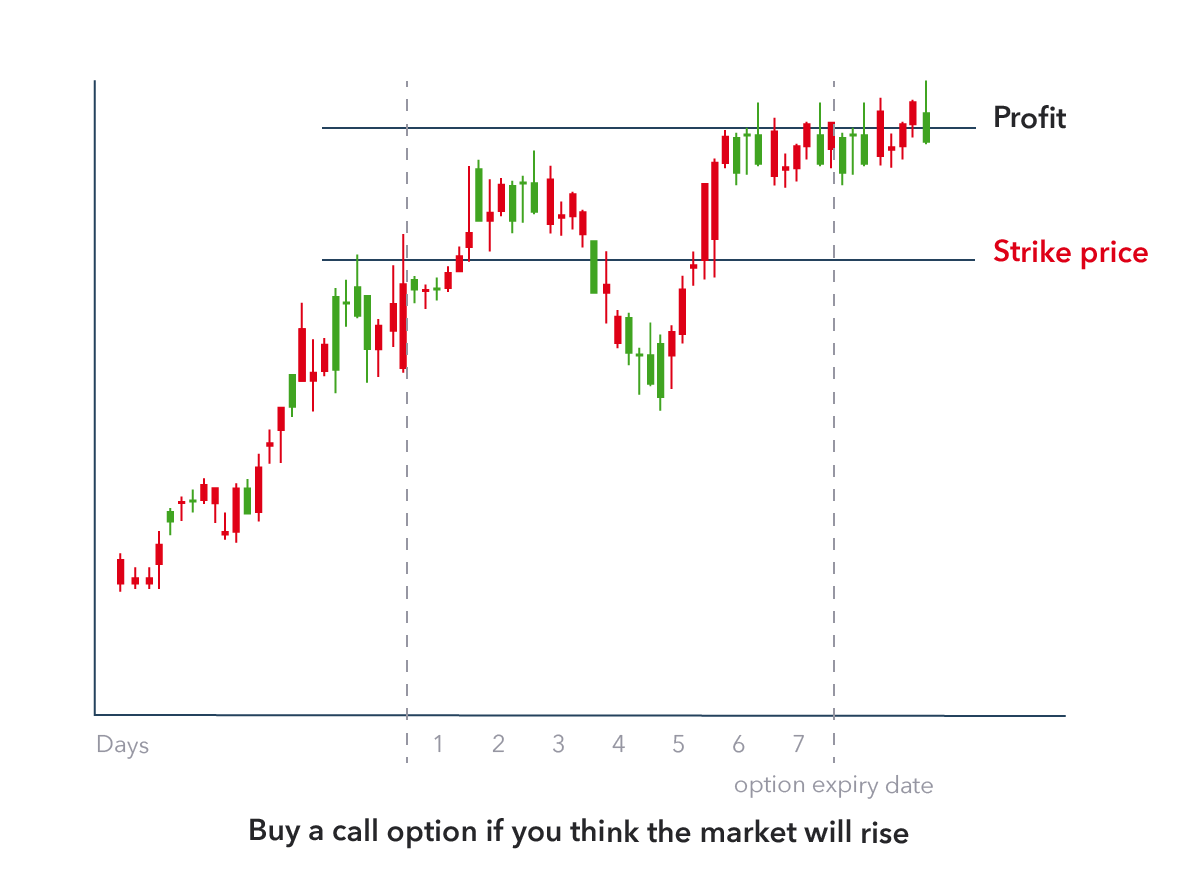
If you are a trader, you may be wondering if you should use an exchange to trade options. Exchanges can provide traders with many advantages, including the ability to trade options contracts that are unavailable elsewhere. In addition, exchanges offer a variety of order types and other features that can make trading options more accessible and efficient. You can read more here if you would like to explore options trading in the MENA region.
What are options, and how do they work?
An option is a contract between two parties that gives the holder the right, but not the obligation, to buy or sell an underlying asset at a specific price on or before a certain date. Options are traded on exchanges and over-the-counter (OTC). The most common types of options are puts and calls.
A put option gives the holder the right to sell the underlying asset at a specific price on or before a certain date. A call option gives the holder the right to buy the underlying asset at a specific price on or before a certain date.
The underlying asset can be nearly anything—stocks, bonds, commodities, currencies, and indexes are common examples. When you buy or sell an option, you are not buying or selling the underlying asset itself.
Instead, you are simply speculating on whether the underlying asset’s price will rise or fall. If your speculation is correct and the price of the underlying asset moves in the direction you anticipated, you can make a profit. If your speculation is incorrect and the price of the underlying asset moves in the opposite direction, you will incur a loss.
How do exchanges work?
An exchange is a marketplace where traders can buy and sell assets—in this case, options contracts. Exchanges act as buyers and sellers intermediates, matching orders to create trades.
Exchanges typically charge fees for each trade and monthly or annual membership fees. In addition, exchanges may impose minimum contract requirements—for example, a minimum number of options contracts that must be traded to maintain membership.
What are the benefits of trading options on an exchange?
There are many benefits to trading options on an exchange:
You have access to a greater variety of options contracts. When you trade on an exchange, you have access to all the options contracts available for trading on that exchange. It means you can find the specific contract you are looking for rather than being limited to the contracts available on your broker’s platform.
You can trade anonymously within the confines of the exchange. When you place an order to buy or sell an options contract on an exchange, your order is matched with another trader’s order. The identity of the other trader is not disclosed to you, and you do not know who you are trading with. This anonymity can be beneficial if you do not want other traders to know your trading strategies or if you want to avoid potential conflicts of interest.
What are the risks of trading options on an exchange?
There are also many risks to consider before trading options on an exchange:
You may have to post margin. You may be required to post a margin when you trade on an exchange. Margin is a good faith deposit used to cover some or all of the potential risk associated with a trade.
If the underlying asset price moves against you, you may be required to post an additional margin. If the price of the underlying asset moves against your position and your losses increase, you may be required to post an additional margin to maintain your position. If you cannot post additional margin, your position may be liquidated at a loss.
So, do you use an exchange to trade options?
It depends on your trading goals and objectives. If you are looking for a specific options contract or prefer anonymous trading, then an exchange may be the right choice for you. However, keep in mind that there are risks associated with trading on an exchange, including the need to post margin and potential fees.





